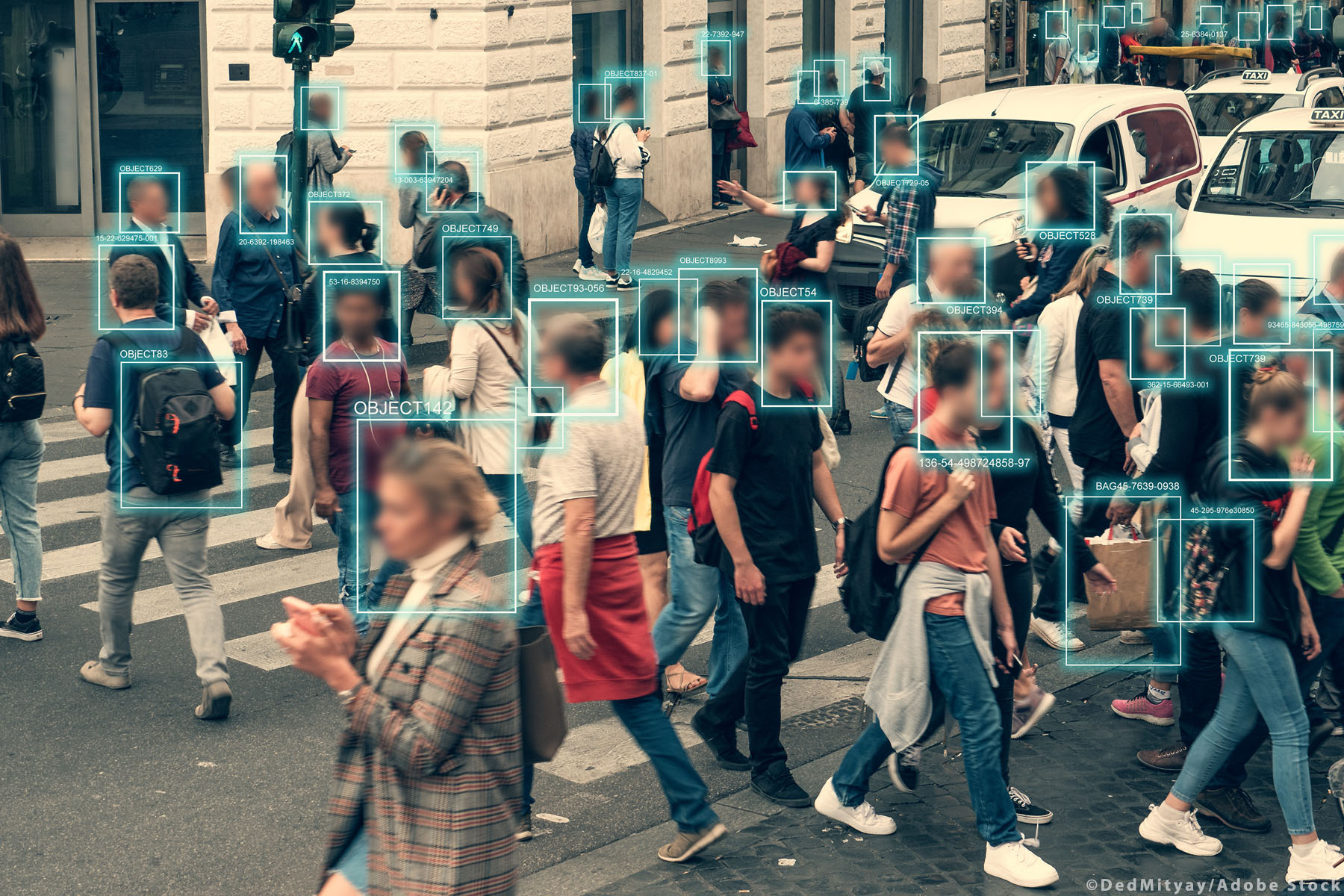Predictive Policing: The Controversial Role of AI in Law Enforcement

Face detection and recognition of citizens people, AI collect and analyze human data. Artificial intelligence AI concept as technology for safe city in future.
Heading
Predictive policing is a law enforcement practice that uses data analysis and artificial intelligence (AI) to forecast potential criminal activity. While it promises efficiency and safety, it also raises significant ethical concerns. This article examines the controversial role of AI in predictive policing.
The Promise of Predictive Policing
Predictive policing relies on algorithms that analyze historical crime data to identify patterns and predict where and when future crimes might occur. Proponents argue that it allows law enforcement to allocate resources more effectively, potentially preventing crime before it happens.
The Technology Behind Predictive Policing
AI technologies like machine learning and big data analytics are at the core of predictive policing. These systems can process vast amounts of information, from crime reports to social media posts, to identify potential risk factors and hotspots.
Success Stories
There have been instances where predictive policing has led to a reduction in crime rates. In some cities, deploying officers to predicted crime locations has resulted in a noticeable decrease in incidents, suggesting that the technology can be a valuable tool for law enforcement.
Ethical and Privacy Concerns
However, the use of AI in law enforcement is not without controversy. Critics point out the potential for bias in the data, which can lead to discriminatory practices and over-policing of certain communities. There are also significant privacy concerns, as predictive policing often involves surveillance and data collection that may infringe on individual rights.
The Risk of Self-Fulfilling Prophecies
Another concern is the risk of creating self-fulfilling prophecies. If police presence is increased in areas predicted to have higher crime rates, any subsequent arrests may reinforce the algorithm’s predictions, regardless of the actual crime rate.
The Need for Transparency and Oversight
To address these issues, there is a growing call for transparency and oversight in the use of AI for predictive policing. Clear guidelines and independent audits are necessary to ensure that these systems are used ethically and do not perpetuate injustice.
Conclusion
Predictive policing is a complex and contentious issue. While AI has the potential to transform law enforcement and public safety, it must be balanced with ethical considerations and respect for civil liberties. As we navigate the future of policing, it is crucial to engage in a thoughtful dialogue about the role of AI and the values we as a society want to uphold.
I hope this article provides a balanced perspective on the role of AI in predictive policing and the ethical considerations it entails. If you need further information or any adjustments, please let me know!


